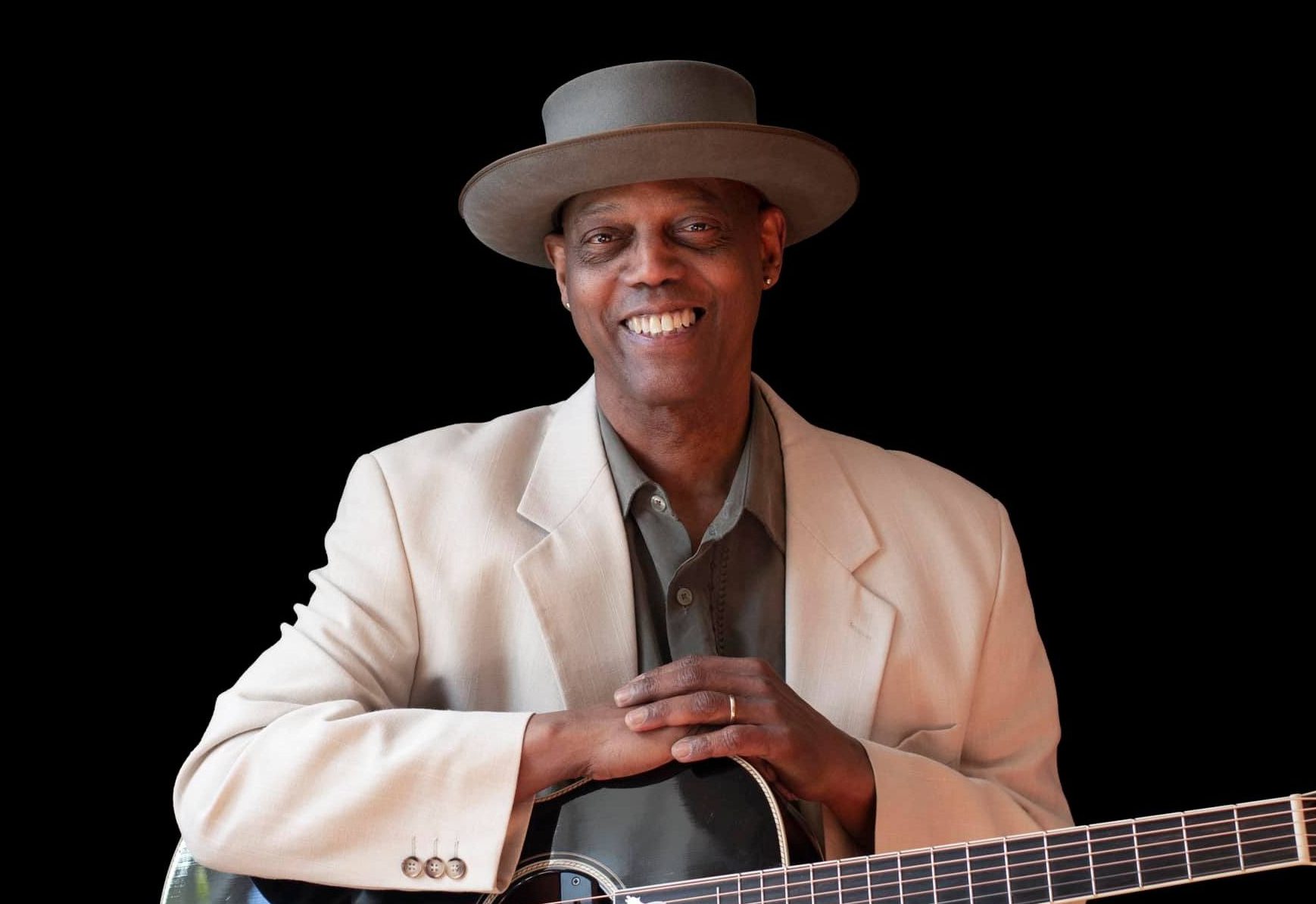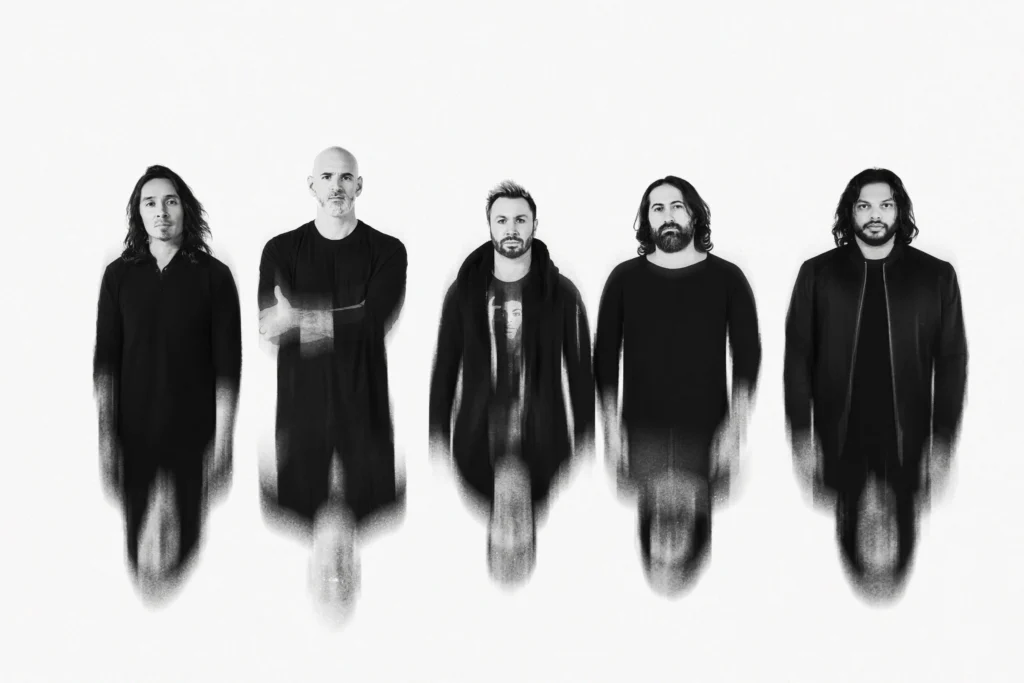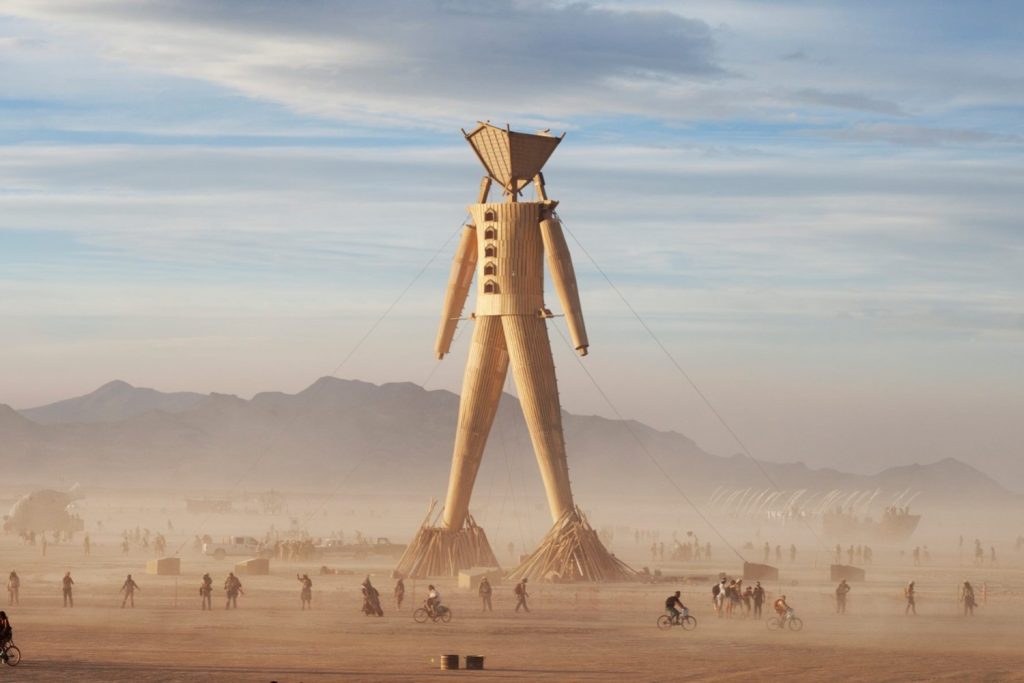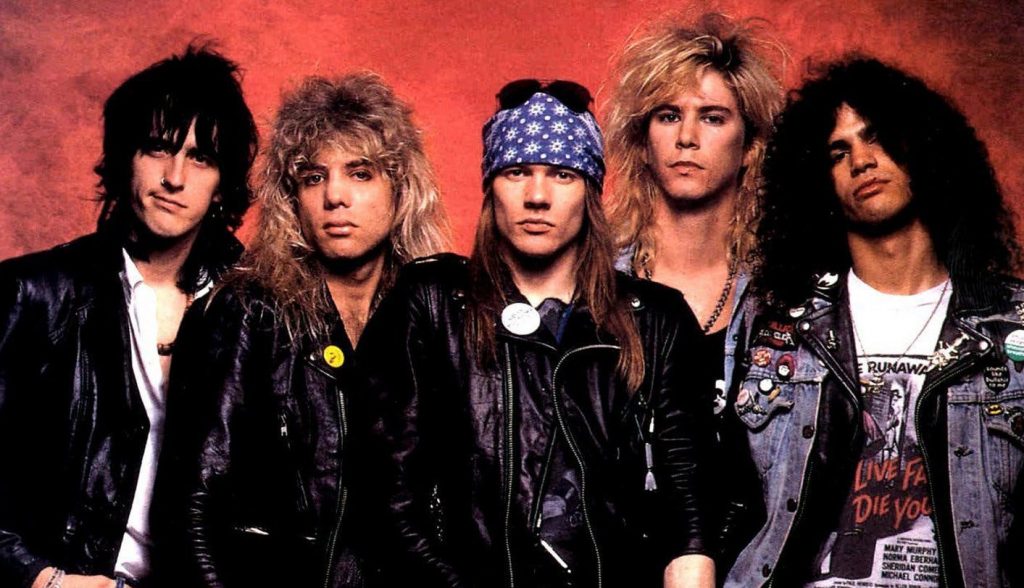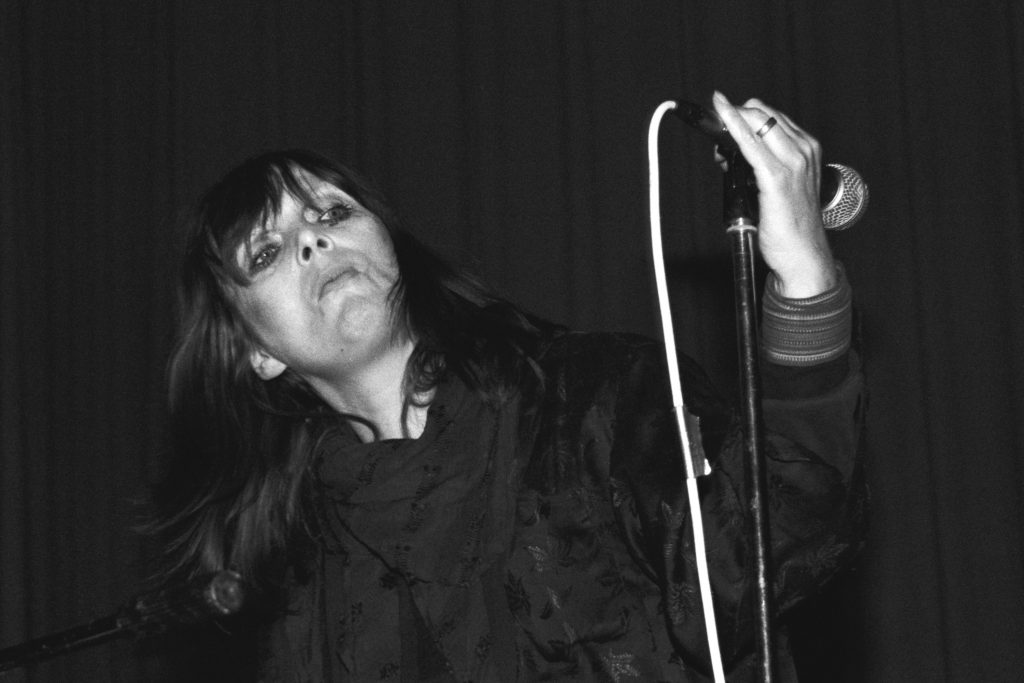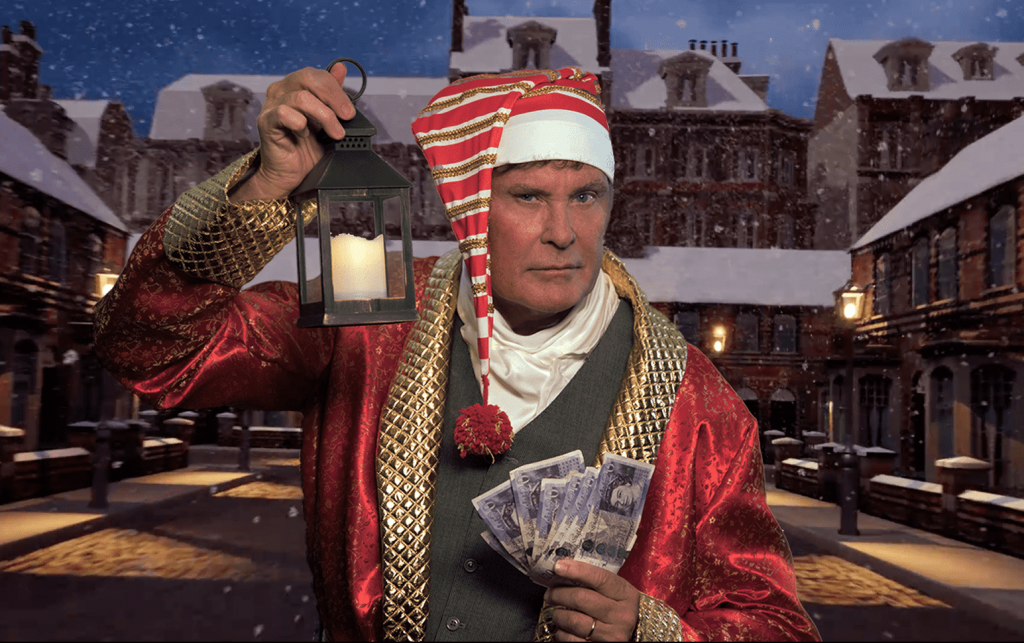At the age of 71, inspiring blues singer-songwriter Eric Bibb is carrying on the ideology that fuelled the Civil Rights Movement and the Greenwich Village folk revival of the 1960s. Two significant events in his childhood changed Bibb’s life forever.
One was meeting Bob Dylan at the age of 11 and the second was witnessing his father stand beside Martin Luther King Jr. at the Selma to Montgomery March in 1965.
“My dad had one of those showbiz parties where he invited a lot of his contemporaries and friends to our big house in the suburbs in Queens,” relates Bibb, who has won multiple Blues Music Awards.
“On a snowy December night, after everybody thought he wouldn’t show up because it was late – Bob Dylan showed up and I came downstairs in my bathrobe and pyjamas and went straight to him and said: ‘hi, I’m Eric – I play guitar too and I like your music’. He told me: ‘keep it simple – forget all the fancy stuff’. His credo was the Woodie Guthrie kind of way – he wanted to keep it real and simple.”
Keep up with the latest music news, festivals, interviews and reviews here.
Bibb grew up surrounded by an inspiring collection of musicians and artists. His father Leon Bibb was a prominent folk singer, musical theatre performer and host of NBC talent show Someone New, which included a brilliant house band – featuring Miles Davis’ bassist Ron Carter – that Bibbs also played in as a 16-year-old. Bibb’s uncle was jazz pianist and composer John Lewis of the Modern Jazz Quartet; his godfather was Paul Robeson and Pete Seeger was a family friend.
As Bibb’s parents were active in the Civil Rights Movement, the experience of growing up during that time makes him an important observer of the civil rights movements of today. In his home, there is a framed photo of his father standing on the podium in Selma alongside Martin Luther King Jr., Harry Belafonte and Joan Baez.
“That involvement in the civil rights movement from the late 50s and 60s that I experienced in my formative years was something so central,” says Bibb. “My dad knew Martin Luther King Jr. and stood beside him in Selma on the podium with other performers Harry Belafonte and Joan Baez, so it was pretty heavy for me to realise I was somehow connected to something that was the centre of what was going on in the country at that time.
“The songs from that era, which were often sacred folk songs that got turned into political rallying cries, were also a big part of my daily life. That really impacted me in a powerful way, which is why at the age of 71, I’m still carrying on the ideology that fuelled that movement. The movement contained a kind of idealism and the hope for a new world that I feel is necessary.”
The moving song ‘Emmett’s Ghost’ was inspired by the true story of a 14-year-old African American boy from Chicago who was visiting relatives in Mississippi in the summer of 1955. Young Emmett was brutally murdered for allegedly flirting with Carolyn Bryant – a young white woman who owned the local grocery store. On March 29 of this year, President Joe Biden signed into law the Emmett Till Antilynching Act, which makes lynching a federal hate crime.
“I’m adding my voice to what I consider is a vital conversation,” Bibb muses. “If we don’t face these uncomfortable subjects and really come to some deeper awareness of why we are where we’re at society-wise and unless we talk about tribalism and all the things that divide us and make us take sides and create conflict, we are going to irretrievably lose the gift of being able to survive and flourish on earth. At the end of the day it’s only that energy that I feel is going to unite people and help to get past these very glaring problems that make something like January 6 happen or the George Floyd murder.
“I think it’s important to understand how we got to where we are. And that’s why I love writing songs that have a true historical narrative like ‘Emmett’s Ghost’. Unfortunately, there are movements to delete from the historical record true stories that will really let you know why we are where we’re at and if you delete these from the historical record, if you tell children ‘oh, you don’t need to know this because this is too uncomfortable’, they’re not going to have an understanding of what they’re experiencing in the present.
“So as a way of countering that movement to censor the historical record, I love to write historical songs. When Barack Obama was elected President twice, people started saying things like post-racial America and I was alarmed because I was thinking ‘really? It’s not that simple’. I’m glad a whole wave of new young people and not just African-Americans are really concerned with all these issues and willing to take a stand and speak out.”
The Sweden-based singer-songwriter believes that these issues extend to various countries and wants Sweden to be more empathetic towards immigrants. The life story of the bluesman is an awe-inspiring tale that was translated into a theatre show named ‘Tales From A Blues Brother’. While teaching music in a Stockholm school in the 1990s, Bibbs created a children’s choir comprised of numerous ethnicities that performed for Nelson Mandela in the Swedish Parliament.
The album title of Bibb’s forthcoming album Ridin’ was inspired by an evocative painting called ‘A Ride for Liberty’ (1862), which depicts an African American family fleeing slavery on horseback. The album title also comes from a song that he wrote about riding on the freedom train and a continuation of the civil rights thread from his previous album, Dear America.
Featuring jazz guitarist Russell Malone on two tracks and blues legend Taj Mahal as a special guest on one, Ridin’ explores historical truths and our humanity. Bibb hopes to have the album available on CD and vinyl during his Australian tour with a global release shortly afterwards.
“The material is really the second chapter of this Dear America tale,” says Bibb. “I talk about an event that happened in Tulsa, Oklahoma, 100 years ago, which still reverberates. There are also some love songs. It’s an album I can’t wait to share. It’s one of the grooviest albums I’ve ever produced with the wonderful producer Glenn Scott. He’s a fabulous musician, engineer and producer. What I love about this album is for all the seriousness of some of the songs, it’s really a toe-tapper. You can really move to this record. It’s the most dance-oriented … it’s not a dance record by any means, but it’s really groovy.
“I’m anchored in the music called the blues. It’s not the only music that influences me by a long shot, but I’ve been able to make a name for myself on blues stages, particularly the acoustic blues world. I’m so happy for that – I’m basically a singer-songwriter bluesy troubadour with some stories to tell.”
Eric Bibb will perform at Northern Republic in Euroa (solo) on February 3, Meeniyan Town Hall (with band) on March 4, as special guest at the Melbourne Guitar Show on March 4, Caravan Club at Archies Creek Hotel in Gippsland (with band) on March 5, Queenscliff Town Hall (solo) on March 10, Port Fairy Folk Festival on March 11, Swan Hill Town Hall Performing Arts Centre (with band) on March 16, and Capital Theatre in Bendigo (with band) on March 17.
Eric Bibb will also perform at Thornbury Theatre (with band + Lloyd Spiegel as support) on March 3 and Memo Music Hall in St Kilda (with band + Lloyd Spiegel as support) on March 9.
For tickets and information, visit Eric Bibb – Ridin’ Tour 2023 Australia | Eric Bibb – Official website
